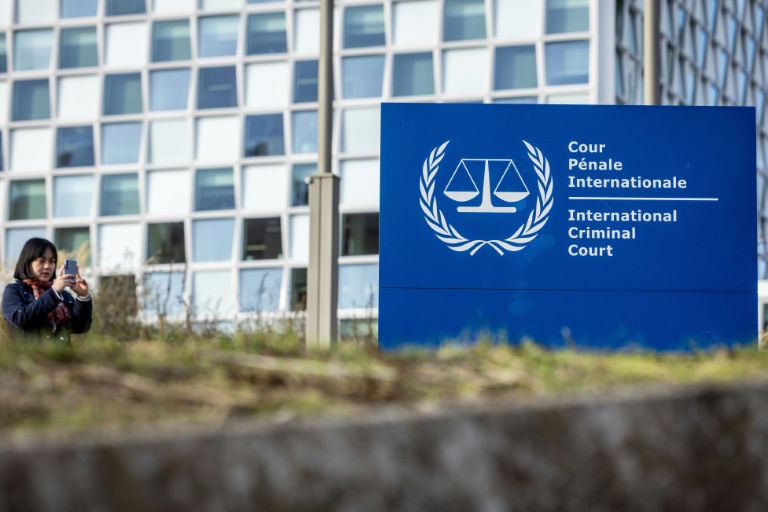The TikTok controversy teaches Americans an important lesson as the new Trump administration seeks to crack down on Chinese economic behavior: The U.S. should impose sanctions or other restrictions on China only if there is a clear regulatory path likely to achieve agreed, well-defined goals.
The need to look before you leap may seem obvious. But the repeated failure in the TikTok case of American presidents, legislators and regulators to design measures capable of withstanding challenges and achieving their intended purpose resulted in the current regulatory quagmire. This case involves protecting national security by preventing Chinese government access to the personal data of American children, but lessons learned apply to all aspects of U.S.-China relations.
The TikTok comedy of errors began in 2019, when the Trump administration’s Committee on Foreign Investment in the United States decided to investigate national security implications of TikTok’s unreported 2017 acquisition of the U.S. company Musical.ly. Upon the committee’s recommendation, Trump ordered TikTok’s parent to divest itself of TikTok in August 2020. That order was never implemented while negotiations over possible mitigation strategies have ensued to the present. Lesson learned: Don’t launch investigations into problems you cannot resolve.
Trump also banned TikTok that same month with an executive order based on authority provided in the International Economic Emergency Powers Act. However, the Trump administration overlooked that law’s provisions explicitly excluding “personal communications” or “informational materials” from the scope of the statute. TikTok took advantage of that oversight to obtain a federal court injunction barring implementation of the executive order, which Biden revoked due to its unenforceability. Lesson learned — do your legal homework.
Rising concern about TikTok led to various legislative proposals to ban the platform. The state of Montana tried to ban the platform, but a federal judge enjoined enforcement on First Amendment grounds. Lesson learned: Enact legislation that passes Constitutional muster.
Rather than ban the platform outright, Congress took a more subtle — and constitutionally acceptable — approach by banning Chinese ownership of TikTok in a law former President Joe Biden signed last April. The Supreme Court decided last week that that law is constitutional and thus enforceable. Lesson learned: Tailor legislation to respect constitutional rights.
Throughout the events recounted above, official stakeholders were mindful and perhaps fearful of TikTok’s popularity in American society. A summer 2024 Pew poll found that public support for a TikTok ban declined to 32 percent of adults with 28 percent opposing a ban and 39 percent unsure. TikTok’s extensive and well-financed public relations campaign contributed to that public support. Lesson learned: Don’t ignore popular sentiment.
The most important voice in the court of public opinion is Trump, who reversed his public position in early 2024 while running for the presidency and now seeks a solution that will enable TikTok to continue operating. Why Trump changed course and the relationship between his views and large presidential campaign contributions from a major TikTok investor are unclear. Lesson confirmed: Everything is negotiable with Trump.
Trump’s public statements and his inauguration invitation to the TikTok CEO reflect the president’s favorable disposition toward the company. Ironically, of course, Trump kicked the TikTok can down the road to Biden and Biden returned the favor. The TikTok controversy is thus the first China issue on Trump’s second term agenda. Lesson learned: With China, hard problems never just go away.
In retrospect, the regulatory fumbling in the TikTok case is regrettable and embarrassing. But those shortcomings must not prevent us from learning and applying lessons learned in future contexts. The Trump administration will crack down on Chinese economic abuses and is drafting various new sanctions and other measures.
Broad tariff threats come to mind, but another case in point is the proposed repeal of China’s Permanent Normal Trade Relations status, a measure that would inject unprecedented chaos into the American economy, not to mention the global trading system.
Overall lesson learned: The U.S. must avoid unintended regulatory complications and quagmires by carefully crafting measures that focus on specific problems and achieve targeted results with the support of the American people.
Jeff Moon is a China trade consultant who served previously as Assistant U.S. Trade Representative for China Affairs.







